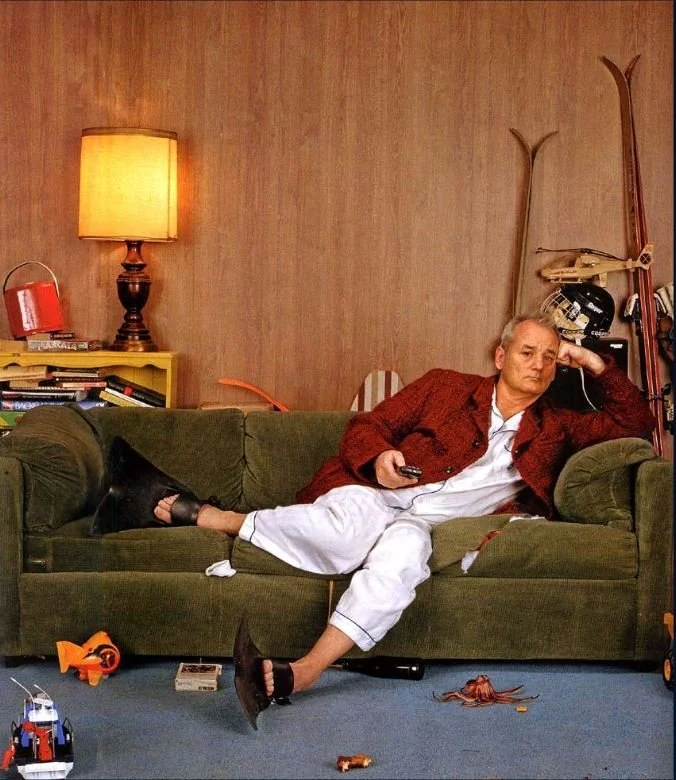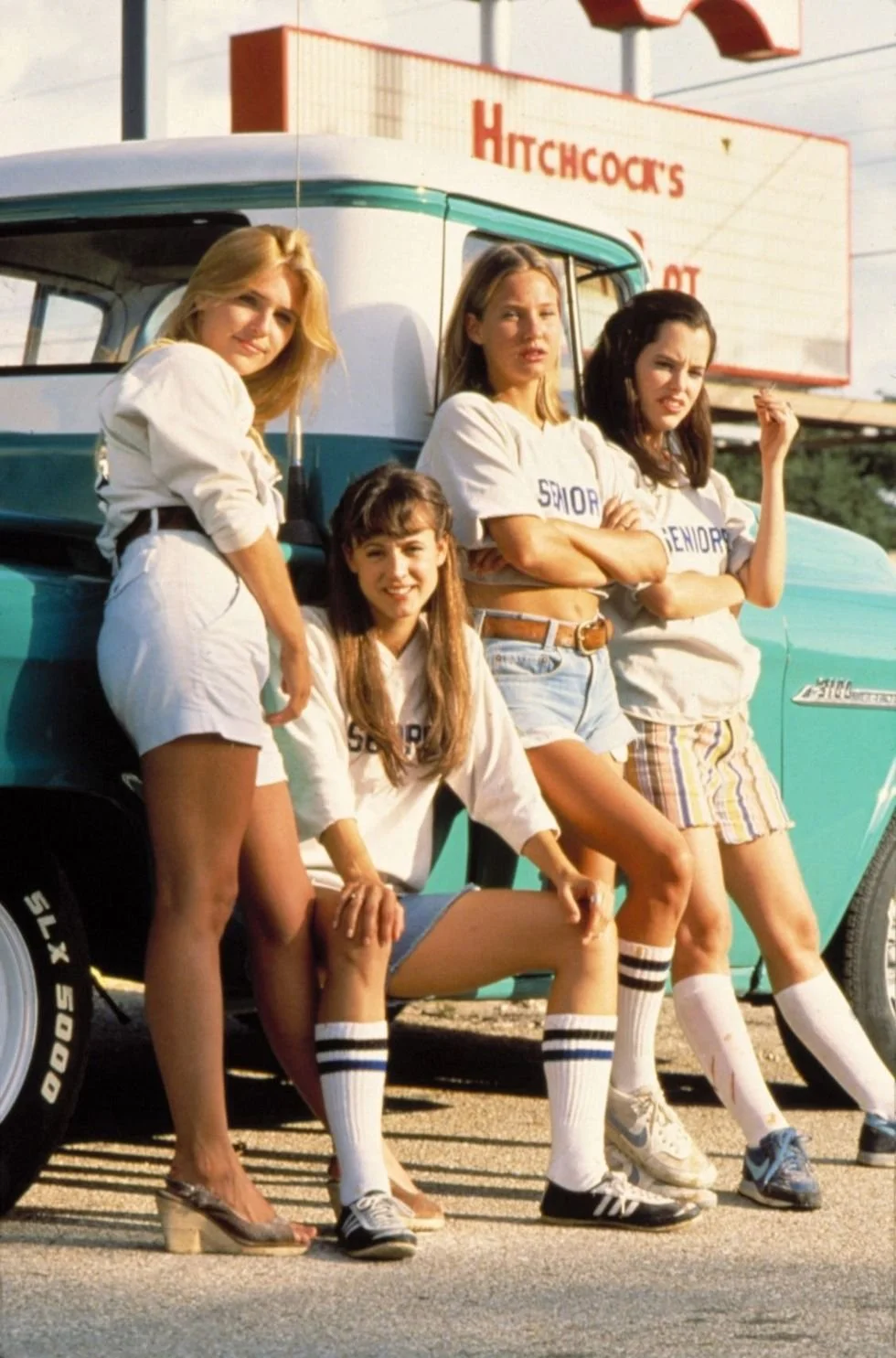Tic-Tac
Growing up. Didn’t it sound like a super exciting promise to the 5-year-old you? Between one strange thing and another, grown-up life was so incredibly fascinating: driving cars, becoming teachers, firemen, astronauts. Traveling, going to friends' houses without asking permission, watching television until late, drinking as much coke as one wanted.
Still from "Welcome to the Dollhouse"Courtesy of Suburban Pictures via Dazed Digital
Yet, this promise kept looking so far away. When you finally turned 7, you had to wait a loooad of time to be 7 and a half. And even a few years later, when you became 12, you still couldn’t be satisfied. When would the fateful 18 come?
Plot twist
Thank God you’ve trusted the process, and, finally, you’re an adult. You matriculate or you begin to work, and everything feels perfect, except for the fact that… time begins to shrink. The days, the weeks, the years themselves for which you used to wait for the end slip through your fingers like sand. You are no longer 18, you’re actually 25, and then 30, 40, 50. How has such a plot twist been possible?
Bill Murray via robotcosmonaut.tumblr.com
Time: objective or subjective?
The problem - and let us call it a problem since scholars in the most diverse fields have felt the need to analyze and solve it – lies in the concept of Time. We are used to considering it in the shape of a clock or a calendar, with years split into seasons, months, days, hours, minutes, seconds. That’s also exactly what Newton taught us: time is nothing more than a well-marked flow, an objectively measurable quantity, fundamental to the understanding of a great number of physical questions.
However, Einstein demonstrated that the flowing of time is not necessarily objective; quite the contrary instead. He stated indeed that the rapidity of the observer influences the perception of the flowing time. Which means that there is no such thing as objective time because time is interpreted by an observer, and the interpretation is always personal.
Did Einstein completely overtake Newton? Well, time is not a question of either/or. Clocks, calendars, and deadlines are necessary to find a point of reference and connection between all the people. Just think about how difficult it is to stay in a city where the culture and traditions are completely different from one's own: timetables, habits, and aspects of daily life declined at different times of the day completely upset us. Imagine what a mess the world would be then without an objective reference point.
Heatwave summer desert fashion editorial Vogue Portugal via jamienelphoto.blogspot.com
The aim of conventions is to give order to our lives, and, however difficult we might find to get used to them, we will always find a way to adapt. What is more difficult to get used to is the undeniable fact that 10 minutes can actually be perceived as such, but also as 1 hour or even as 1 minute, depending on the person. Why is it so?
The role of memory
Time and memory are closely interrelated. When we find ourselves in a critical situation, a small area of the brain about the size of a walnut, called amygdala, forces the brain to focus all its attention on the present moment, causing memories to be deposited by a secondary memory system, which subsequently provides flashes of memories of this stressful moment. The more data the brain records, and therefore the greater 'density' of the event being experienced, the longer the moment seems to last.
This may explain precisely why time seems to fly by as we grow up. As we gain experience, we develop increasingly complex representations of the world, such that certain frameworks evoke immediately specific scripts, superimposing old memories to new ones, which are consequently limited.
As children, on the contrary, everything is new, the density of the experiences we live is very high, and we build strong and rich memories that, when recalled in the future, make childhood seem much longer than it objectively was.
Everyday life and routine, on their side, teach us that certain events unfold in this or that way and are resolved in another.
It is only when we introduce the element of novelty, pleasure, fun or, on the opposite, complete lack of involvement, that time expands.
Courtesy of Universal Pictures
Time management
So. What do we get from the awareness of the duality of time? Certainly a great invitation to carve out time, as much as possible, for new experiences, days with the people we love, and the passions that make us feel good. Time flies when we enjoy ourselves, but it expands when we fill it with meaning.
Let us not miss the opportunity to seize the beauty, the new, and the potential embedded in any moment. We will then be able to gain a sense of fullness and satisfaction that will give us an enormous gift: the chance to really harvest the most from our lives.




